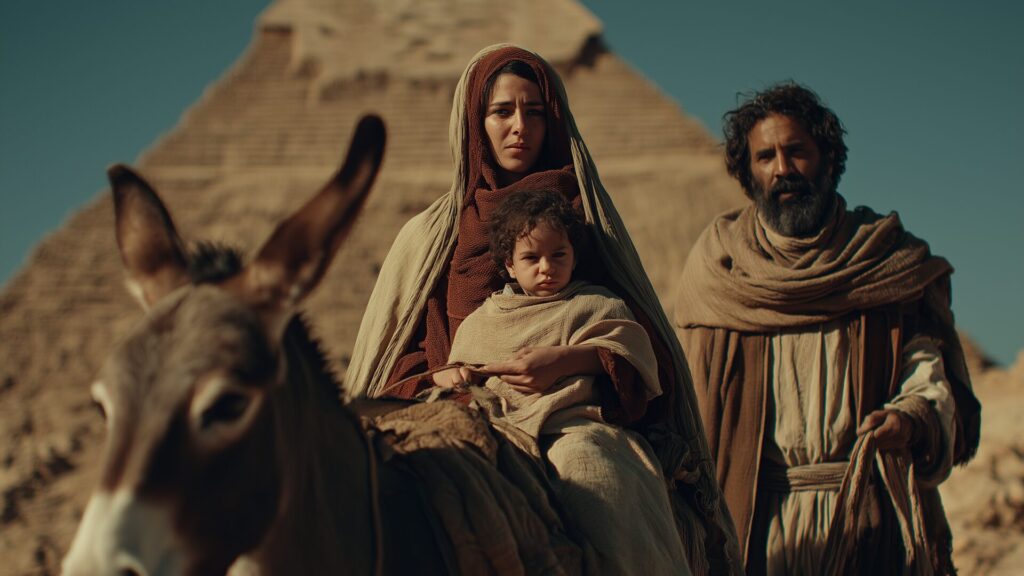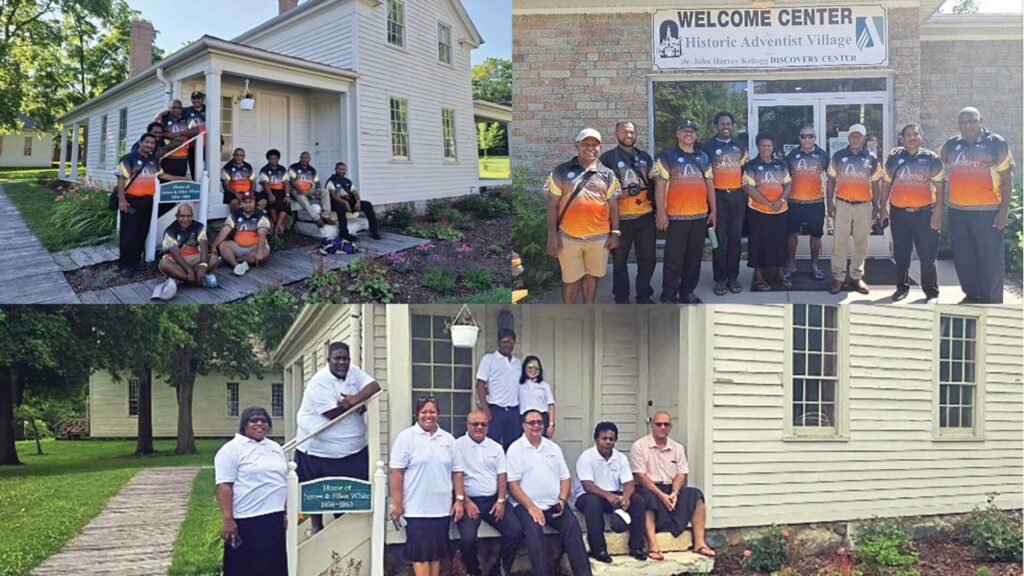Jerusalem must be important to God for it is named 810 times in the Bible. This city can be categorised into three eras: the original Salem; Jerusalem (Yerushalem), earthly city; and the New Jerusalem that has its origins in heaven.
Salem
The first mention of this place is in Genesis 14:18 in the aftermath of a local war in which two groups of kings fought against each other.
In this skirmish, Lot, Abram’s nephew—living in Sodom at the time—was captured and taken away by Chedorlaomer and his allied kings, Tidal, Amraphel and Arioch.
At this time Melchizedek, king of Salem and a priest of the Most High God, came out from his city and blessed Abram in a prophetic manner. Recognising Melchizedek as a priest of God, Abram gave him a tithe of all he had (Genesis 14:18-20).
It is important to note that the word Salem means “peace”. While Jerusalem, Salem’s successor as an earthly city, has had anything but a peaceful existence in its long history, the New Jerusalem will be the centre of the eternal home of the saved, the centre of peace (see Revelation 21,22). This concept of peace is retained in the extended name by which we know this place: Jerusalem, which means “City of Peace”.
We do not know when God decided that Salem would become Jerusalem and a special place on earth for Him and His people. An indication of this, though, is that, several times prior to its occupation by the Israelites, God referred to the place where His “name shall be known”. Probably the earliest occasion of a reference of this nature is recorded in Exodus 20:24, although this is more of a general statement rather than a specific reference to the city. Relevant are several passages in Deuteronomy 12:4–14. These verses are redolent with meaning when we match them with the time of the dedication of Solomon’s Temple, its dedication and the filling of that place with God’s presence and the offering of many sacrifices to celebrate that historic occasion (refer to 1 Chronicles 5:1–7:11).
Historically, the Jebusites, a branch of the Amorite tribe, occupied Jerusalem. The men of Judah attacked this place again after Joshua’s death, defeating the Jebusites, although they resettled it some time later and renamed the city Jebus. It was not until shortly after David was anointed king over all Israel that he defeated the Jebusites. At that time David made the stronghold of Zion his city and built greater Jerusalem around it (2 Samuel 5:6,7; 2 Chronicles 11:4-9).
The earthly Jerusalem
Jerusalem has had a very disturbed history throughout its existence, quite contrary to the meaning of its name.
In 586 BC, King Nebuchadnezzar’s army destroyed Jerusalem and its temple and took most of its citizenry to Babylon where they were captives for 70 years. About 50 years later King Cyrus of the Persian Empire approved the return of a party to Jerusalem to rebuild the Temple.
It was in the year 37 BC that King Herod remodelled the second Temple.
During Jesus Christ’s ministry, He wept over this city whose history could have been vastly different if Israel had obeyed God as Moses had challenged them to do before they entered the Promised Land (Matthew 23:37-39; Deuteronomy 27:11-30:20).
No doubt the most significant event in earthly Jerusalem’s history did not take place within the city, but outside the wall. That was, of course, the crucifixion of Christ who thus became the Saviour of the world (Hebrews 13:12,13).
The almost utter destruction of Jerusalem by the Roman army in 70 AD marked the end of Jerusalem as a functioning city and the centre of Jewish worship and rituals for a time.
Jerusalem as we know it
Since Jerusalem’s destruction, various powers have controlled Palestine and the place known as Jerusalem, including the Persians, Arabs, Turks, Crusaders, Egyptians, Mamelukes and Mohammedans.
Today, the Temple Mount is the holiest place in Judaism and the third holiest in Islam. Jerusalem is also a very important place for Christians as it was there Jesus was crucified outside the wall. [pullquote]
While modern Israel has a strong military force and significant support from the USA, it is not expected that Jerusalem will be a place of real peace well into the future. What peace exists is a forced peace.
Until the Jews and the Palestinians can live in harmony there will be frequent border skirmishes, reported or not. These only serve to continue the antipathy—or worse— between these two people groups, both of whom trace their ancestral lineage to Abraham.
The New Jerusalem
Information about this purpose-built city is found principally in the book of Revelation, chapter 21 and into chapter 22. However, there are interesting references to the heavenly Jerusalem in Paul’s letter to the Galatians and in the book of Hebrews.
In Galatians 4:21-31, Paul contrasts people who operate under the two covenants. The first, an “earthly” covenant, based on performance, is likened to the offspring of Hagar. Paul says this covenant corresponds to “the present city of Jerusalem” (v25), in other words, the Jerusalem of Paul’s time. He then immediately says, “but the Jerusalem that is above is free, and she is our mother” (v26, emphasis mine). Here the other covenant is referred to that includes the “children of promise” (v28). Paul concludes his argument in verse 31, where he says, “Therefore, brothers and sisters, we are not children of the slave woman, but of the free woman.”
So we see in these passages that the early Church was not only well aware that “their” Jerusalem would come to its end, but that they could look forward to an infinitely more wonderful Jerusalem that would come down to this earth from heaven, purposely made by God for that majestic event, to be His dwelling place for ever after.
A thoughtful reading of Revelation 21 reveals that the New Jerusalem will be a city like no other. Its dimensions are staggering and it is not made of humble timber and stone but of gold. Its gates are of pearl, not born out of an irritation in an oyster shell but made directly by the word of God. Its impact on the waiting saints will be one of awe and strong emotion, for John says the city will be “prepared as a bride adorned for her husband” (21:2, KJV).
Now we know how beautiful a bride appears as she approaches the man of her choice. If ever a woman looks beautiful, she looks even more so on her wedding day. Do we read into that description that God will put some “special touches” on the city that will be the home of the saved?
The question for each one of us to ask is this: Will I be a citizen of that heavenly Jerusalem? The only alternative is that we will still be living in the “old Jerusalem” that will perish along with everything else of human origin in the great day of Christ’s second coming.
This should really be an easy question for us to answer, shouldn’t it?
William Ackland worked for the Church for 40 years. He lives with his wife in the Adventist retirement village in Cooranbong, NSW, where he has written six books.






